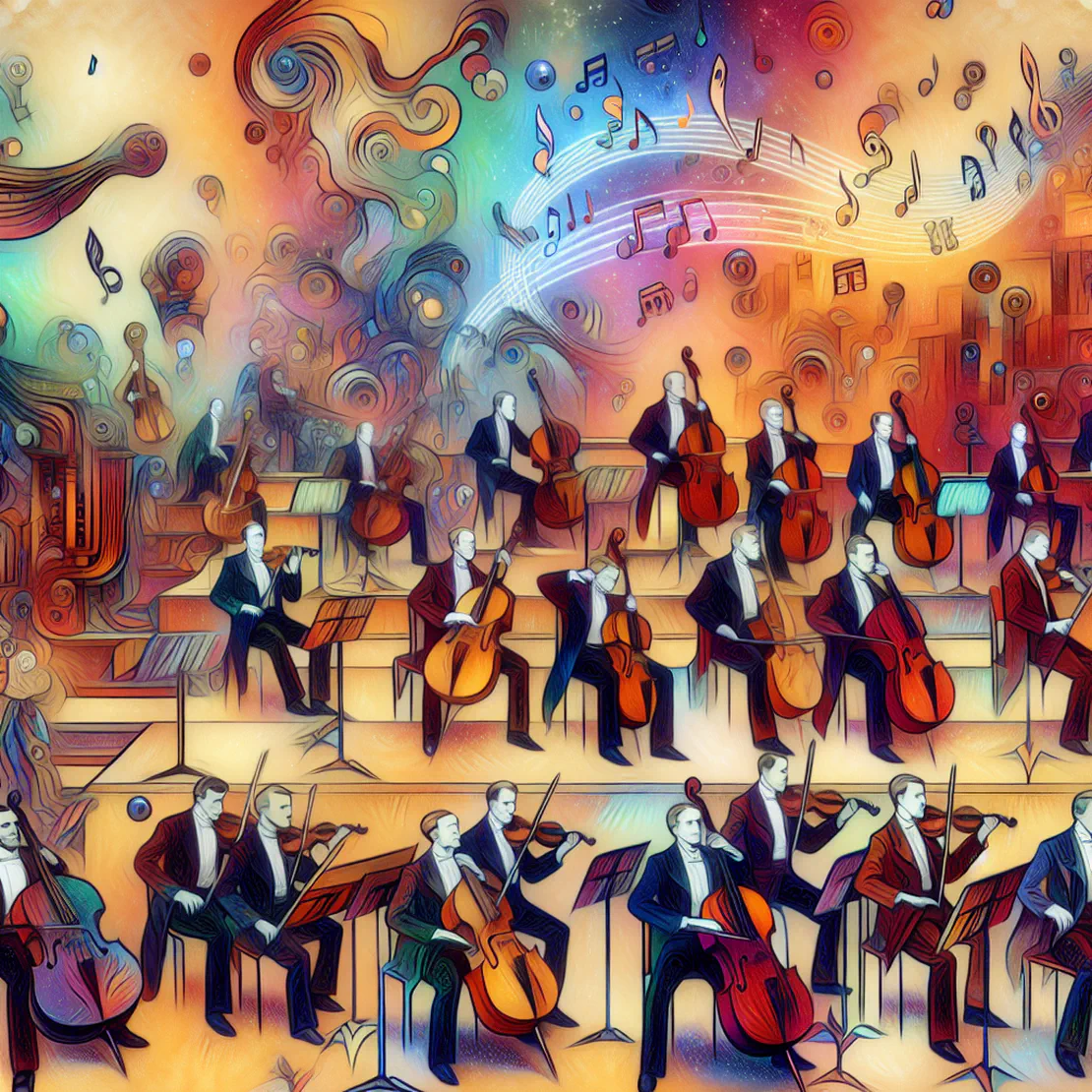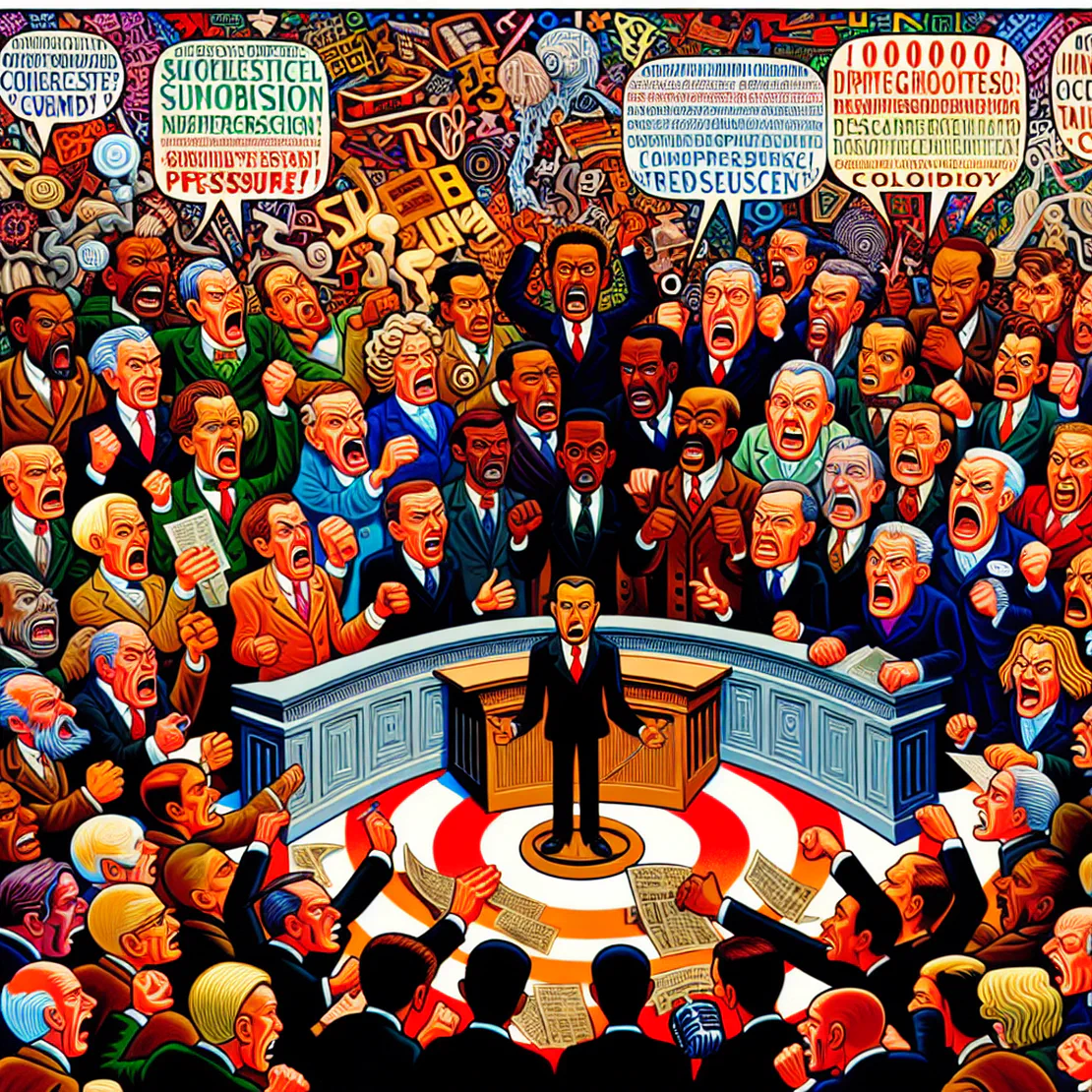
#840 - Oliver Burkeman 8 Unexpected Lessons To Be Less Hard On Yourself
- Modern Wisdom
- Education , Mental health , Mental strength
- September 19, 2024
Table of Contents
At a Glance
-
Deferred Happiness Syndrome - “I remember I used to think this when I spent the summers in between school… And then before I knew it, I was getting ready to go back to school and I was thinking, but summer hadn’t really started yet.” This highlights a common psychological trap where individuals perpetually delay satisfaction and living fully, waiting instead for an ‘ideal future’ that never arrives.
-
Insecure Overachiever - “It’s the feeling that you’re scrambling up towards a minimum baseline of being an adequate person as opposed to… accomplishing things because it’s really fun to accomplish them.” This point underlines the stress and dissatisfaction experienced by those who feel they must achieve to prove their worth, rather than for the joy of the activity itself.
-
Impact of Perfectionism on Enjoyment - “I remember stopping reading and starting to do spaced repetition memorization so that I could recall it on a podcast later… just allow yourself to enjoy this nice article as you sit in the sunshine.” This illustrates the detrimental effect of perfectionism on simple pleasures, turning even leisure reading into a task for future utility.
-
Reverse Golden Rule - “You should not treat yourself in ways that you wouldn’t treat other people.” This introduces a compelling twist on the traditional Golden Rule, emphasizing the importance of self-compassion and treating oneself with the same respect and kindness one would show others.
-
Liberation of Defeat - “What is true is already so. Owning up to it doesn’t make it worse. Not being open about it doesn’t make it go away.” This quote reinforces the concept that accepting and confronting reality, however grim it may be, is healthier and more productive than denial.
-
Toothless Life Metaphor - “I have led a toothless life, a toothless life. I have never bitten into anything. I was waiting… and I have just noticed that my teeth have gone.” This metaphor strikingly captures the regret of a life spent in waiting for the right moment, only to realize too late that the prime time to act has passed.
What to Do
-
‘The art of being wise is the art of knowing what to overlook.’ - It helps in managing mental overload and focusing attention on what truly matters, thus preserving mental health in a chaotic world.
-
‘Choose one or two things to focus on if you want to make a difference.’ - Spreading oneself too thin across many causes can lead to burnout and ineffectiveness.
-
‘It is okay and in fact necessary to disconnect from a lot of what’s going on in the world at large.’ - Protects one’s mental energy and allows for more focused and impactful actions where they count.
-
‘The content you engage with should capture your interest enough that it makes you want to pause and reflect.’ - It emphasizes the value of engaging with material that truly resonates or impacts you, rather than consuming content out of obligation.
-
‘Do not treat yourself in ways that you wouldn’t treat other people.’ - Encourages self-compassion and recognizes the importance of being as kind and understanding to oneself as one would be to others.
-
‘Focus on doing things because they are fun and fulfilling, not just to scramble towards a baseline of adequacy.’ - Highlights the importance of intrinsic motivation and enjoying the process, rather than just striving for achievement out of a sense of inadequacy.
-
‘If you’re doing something that changes you even a little in the act of doing it, that’s the true benefit.’ - Suggests that the real value in activities, like reading, comes from how they transform us, not just the information we retain.
-
‘Set up productivity rules that serve life, not that enslave you.’ - Advises on creating systems that enhance life and personal goals rather than creating burdensome obligations.
-
‘Practice ‘daily-ish’ consistency to avoid the guilt of not meeting rigid schedules.’ - Encourages a balanced approach to habits and routines that accommodates real life variability, reducing stress and guilt.
What to Get
-
The Antidote: Happiness for People Who Can’t Stand Positive Thinking by Oliver Burkeman - Amazon
-
Four Thousand Weeks: Time Management for Mortals by Oliver Burkeman - Amazon
-
Read Later app - Used to save articles for later reading; helps manage the large influx of information.
-
Obsidian - Used for personal knowledge management and note-taking.
-
Zettelkastans - Referenced in the context of a note-taking and information management system.
-
Raptitude by David Kane - Used for reading and gaining perspectives on public concern distribution and focusing compassion effectively.
Summary
This podcast episode delves into the complexities of modern information consumption, the overwhelming nature of global crises, and the personal strategies for managing overwhelming information in the digital age. The speakers offer insights into how individuals can navigate the vast seas of data and news without succumbing to the pressures of feeling obligated to be constantly informed about every detail.
One key theme discussed is the concept of selective attention and prioritization in the face of the information overload facilitated by digital media. The speakers argue that it’s essential to recognize that one cannot engage with all issues with equal intensity. They touch on the idea inspired by William James that “the art of being wise is knowing what to overlook.” This notion is especially relevant in today’s attention economy, where media and campaign groups often portray their causes as the most critical, vying for maximum public attention. The dialogue suggests that instead of trying to address every issue, individuals should focus on a few that they are genuinely passionate about, to make a meaningful impact.
Furthermore, the episode explores the personal side of information management through tools like Read Later apps and note-taking methods. The speakers criticize the pressure to retain everything consumed, whether reading articles or listening to podcasts. They discuss the pitfalls of trying to record every detail, emphasizing that the real value of consumption lies in how the content changes the consumer in real-time, not in the mere accumulation of information for future use. The discussion highlights that if something is truly impactful, it will naturally stick with the individual, reducing the need for exhaustive note-taking.
In conclusion, the podcast provides a reflective look at how individuals can more healthily interact with the flood of information in modern life. By advocating for focused engagement and the natural filtering of impactful knowledge, the speakers offer a more sustainable approach to learning and staying informed in an age where the demand for one’s attention is endless.


